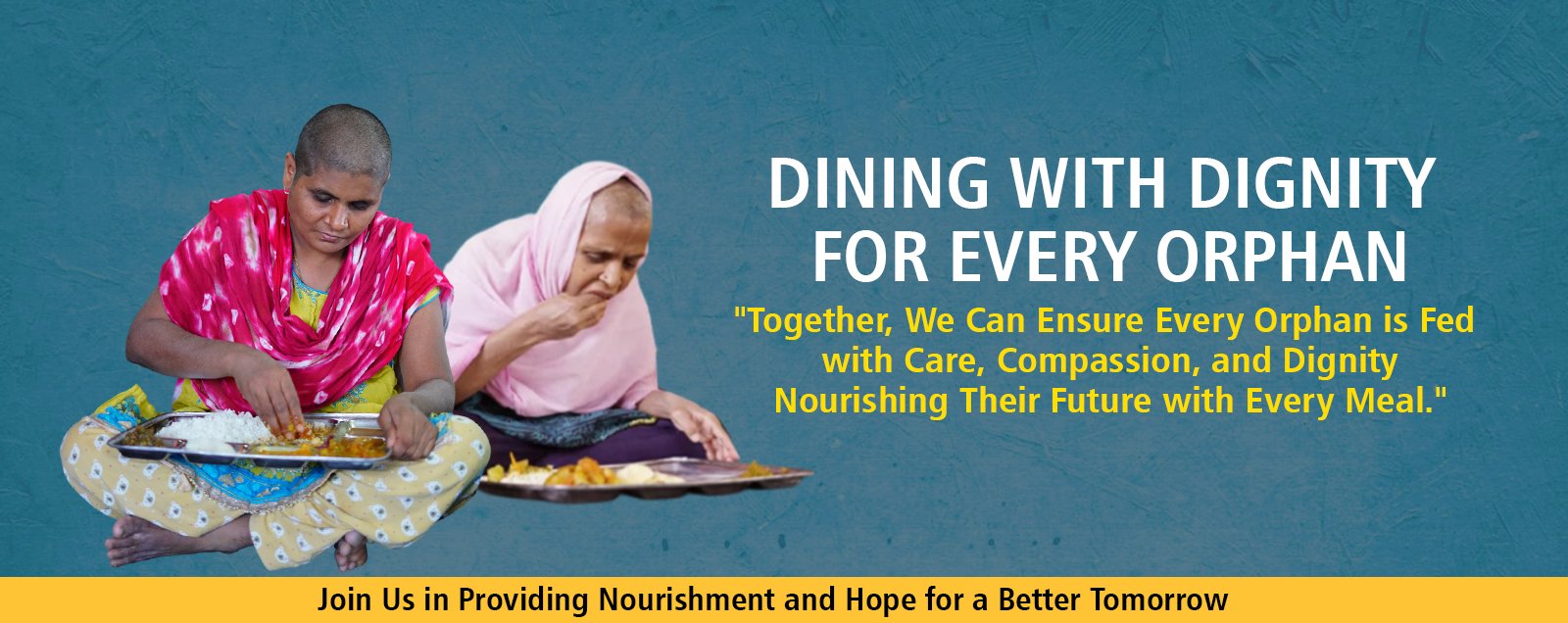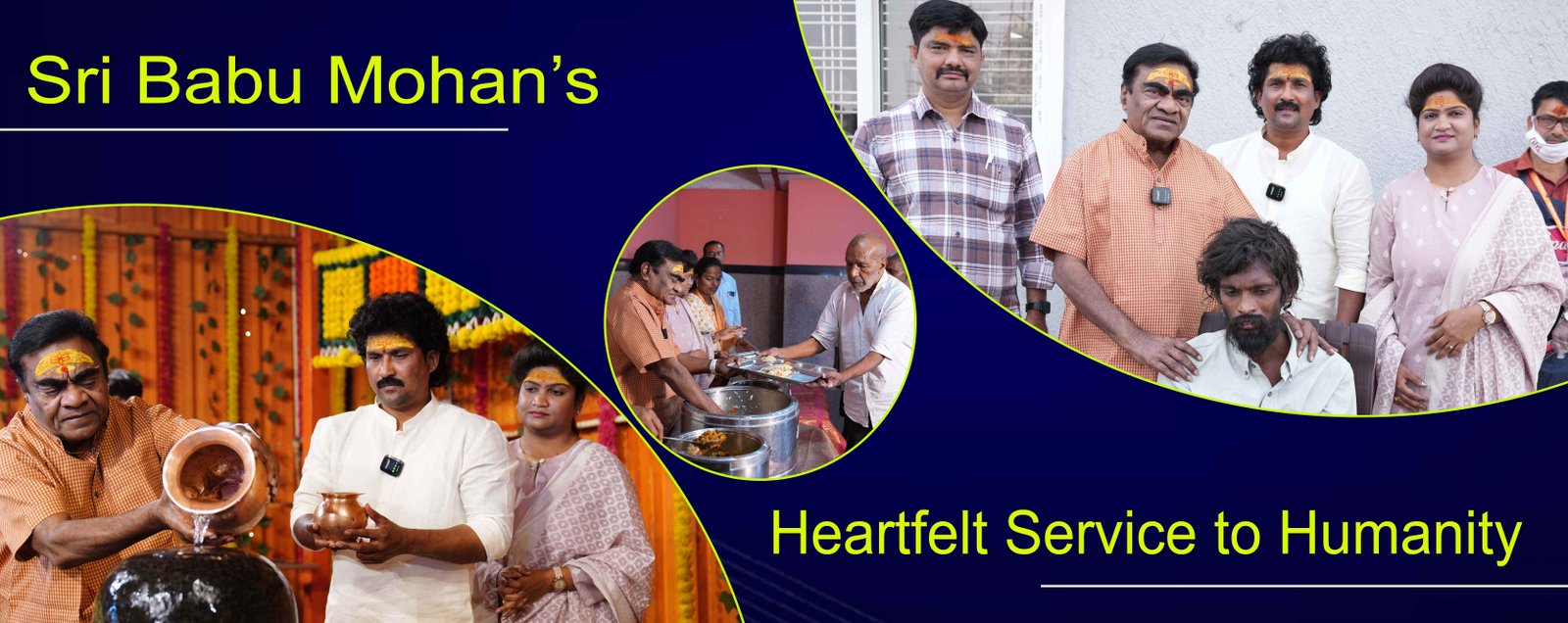- News
- News Blog

CAUSES BEHIND MENTAL DISABILITY ORPHANHOOD IN INDIA
Donate for their better Staying
India is home to a significant number of orphaned orphas, with millions living in vulnerable conditions. Understanding the reasons for orphanhood is crucial for addressing this pressing issue and implementing effective interventions. This article delves into the primary causes of orphanhood in India, shedding light on the challenges these mentally disabled orphans face and the steps needed to create a better future for them.
1. Poverty and Economic Insecurity
One of the primary reasons for mentally disabled individuals becoming orphans in India is poverty. Families struggling with financial insecurity often find it difficult to meet the additional healthcare and caregiving expenses required for a mentally disabled family member. When these burdens become overwhelming, abandonment becomes a tragic reality.
2. Social Stigma and Discrimination
The stigma associated with mental disabilities in India compounds the problem. Families often face social ostracization, leading to shame and isolation. In some cases, the pressure to conform to societal norms forces families to abandon their mentally disabled members, who are then left to survive without a support system.
3. Lack of Awareness and Education
A lack of awareness about mental health conditions and available resources exacerbates the issue. Many families perceive mental disabilities as incurable or even as a curse, leading to neglect or outright abandonment. Education on these matters remains inadequate, particularly in rural and economically disadvantaged regions.
4. Death or Absence of Primary Caregivers
The death or incapacitation of parents or primary caregivers often leaves mentally disabled individuals without guardianship. In the absence of extended family willing or able to take responsibility, these individuals are left orphaned and vulnerable.
5. Insufficient Government and Institutional Support
India's social welfare infrastructure for mentally disabled individuals is still evolving. The lack of adequate government facilities, funding, and trained professionals means that families have limited external support. This lack of resources can result in abandonment when families feel they have no other options.
6. Urban Migration and Nuclear Families
The shift from joint to nuclear family structures due to urban migration has reduced the traditional support system that once cared for disabled family members. In urban areas, where resources are already stretched thin, mentally disabled individuals are more likely to face neglect.
7. Cultural Beliefs and Practices
Cultural misconceptions and deeply ingrained beliefs can lead to the mistreatment or abandonment of mentally disabled individuals. In some cases, these individuals are viewed as burdens or bad omens, leading families to disown them.
8. Inadequate Healthcare Access
The lack of accessible and affordable mental healthcare in India plays a significant role. Families often lack the means to diagnose or treat mental disabilities, which can result in neglect and, ultimately, abandonment.
Conclusion The rising number of mentally disabled orphans in India is a multifaceted issue rooted in poverty, social stigma, and systemic gaps in healthcare and education. Addressing this crisis requires a concerted effort from policymakers, non-governmental organizations, and society at large. By improving awareness, providing financial and institutional support, and fostering an inclusive society, India can take significant steps toward ensuring that mentally disabled individuals are cared for and empowered to lead dignified lives.
Also Read: Towards a world without Orphan
Q and A's
Q1. What is an NGO?
Ans: An NGO, or Non-Governmental Organization, is a nonprofit group focused on social, environmental, or humanitarian goals.
Q2. Largest NGO in Telugu States?
Ans: Amma Nanna Anada Ashramam is the Largest and Best NGO in Telangana & Andhra Pradesh it is Located at Choutuppal, Hyderabad
Q3. Why are NGOs important?
Ans: NGOs address social challenges, promote sustainable development, and advocate for marginalized communities














